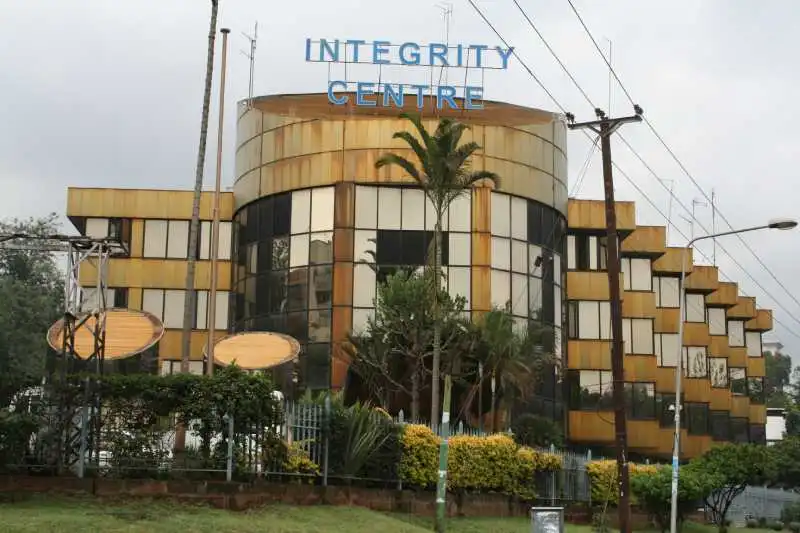Ethics and Anti-Corruption Commission (EACC) Chief Executive Officer Abdi Mohamud has challenged Kenyan youth to take the lead in rebuilding the country’s moral foundation by refusing corruption and demanding ethical leadership.
Speaking during a youth integrity dialogue at the Technical University of Mombasa (TUM), Mohamud urged young people—the largest voting bloc—to stop electing leaders with questionable integrity and instead insist on accountability.
Mohamud revealed that ahead of the 2022 General Election, the EACC flagged 139 candidates with integrity issues, yet many were still voted into office.
“We published their names and warned Kenyans. But they were elected. Youth must stop pointing fingers and take responsibility,” he said.
He added that the Commission is not only policing corruption but also seeking youth as active partners. Earlier this year, EACC signed a Memorandum of Understanding with the National Youth Council to strengthen integrity networks and build a new generation of ethical leaders.
Mohamud further urged young Kenyans to manage expectations, warning against impatience in career growth.
“You cannot be employed today and want to be a CEO tomorrow,” he noted.
Former Makueni Governor Prof. Kivutha Kibwana echoed the call, urging youth to be bold in politics, push for institutional reforms, and refuse to normalize corruption. He highlighted past experiences where county officials demanded a share of public resources under the guise of “eating,” noting that integrity-driven leadership often faces resistance.
Kibwana recommended key reforms including granting EACC prosecutorial powers, opening wealth declarations to the public, and enforcing transparent procurement systems.
Other speakers including UNODC’s Asmert Tesfai and Youth Principal Secretary Fikirini Jacobs emphasized value-based education and the role of youth as “integrity ambassadors” through programmes such as NYOTA and the global GRACE network.
The leaders agreed that rejecting corruption is no longer enough. Young Kenyans must actively reshape the system by electing leaders who uphold honesty, fairness, and public service over personal gain.

